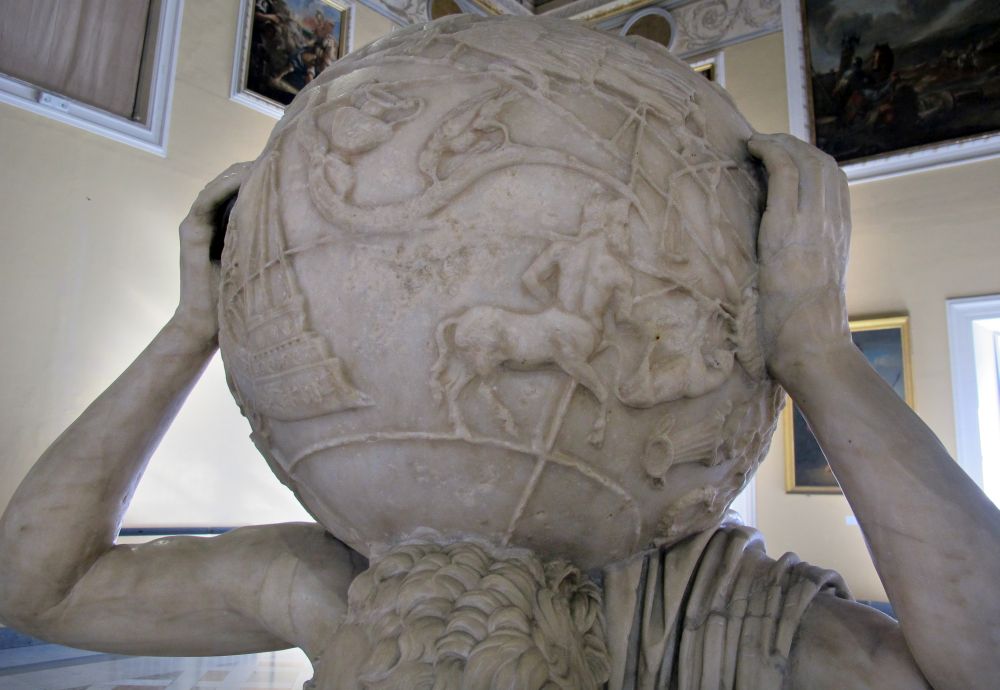POLITHEOR
European Policy Network
Op-ed
- Home
- Op-ed

Ain’t no Atlas strong enough to support the Italian banking system on its shoulders0
- Financial Policy and International Markets, Op-ed
- 05/09/2016
As a whole, Italian banks have non-performing loans (NPL) worth 198bn euros. Add in so-called “sofferenze”, i.e. debt at risk of non payment, and the total amount rises to 360bn euros. The Italian government has strong-armed the banks into setting up a fund – called “Atlante” – that will act as a backstop for banks that are trying to raise capital and cannot find buyers for their new share issues. Unlike the myth it echoes though, Atlante is not strong enough. And, with Mr Renzi, Italy’s PM, putting his legitimacy at stake with the referendum coming up in October, the government might not have the ability and time to do anything better.
READ MORE
Coral Conundrum: the ignored victim of the South China Sea2
- Environment and Energy, Op-ed
- 05/09/2016
The arbitral tribunal under the United Nations Convention on the Law of the Sea (UNCLOS) recently ruled overwhelmingly in favor of the Philippines in its case against China’s maritime claims in the South China Sea. After a month, however, the contested waters of Southeast Asia remain mired in military tensions, with little attention given to the “voiceless victims” for which the stakes are higher: the coral reef ecosystems – and the people whose living rely on them.
READ MORE
Europe of concentric circles… or divergent values0
- EU Governance and Politics, Op-ed
- 02/09/2016
The elephant in the room is now too big to be ignored and too obvious to be buried in mumblings.
READ MORE

Can the Energy Union secure the future of European integration?0
- Environment and Energy, Op-ed
- 31/08/2016
With anti-Europe sentiment rising through Member States, the EU is facing a crisis of faith. The Energy Union provides an argument for continued European integration, with energy democratisation as the key to its success.
READ MORE
Thomas Straubhaar: “Integration remains a political process”1
- EU Governance and Politics, Interview
- 30/08/2016
For this month’s Special Report, Prof. Dr. Thomas Straubhaar, professor of Economics at the University of Hamburg, shares his opinion on the current state of affairs in the EU’s economy as well as the future of fiscal integration. He was the Director of the Hamburg Institute of International Economics (HWWI) from 2005 till 2014. In 2005 he joined the IZA Policy fellow network. In 2009 he was awarded the Helmut Schmidt Fellowship of the ZEIT Foundation at the Transatlantic Academy in Washington, DC.
READ MORE







